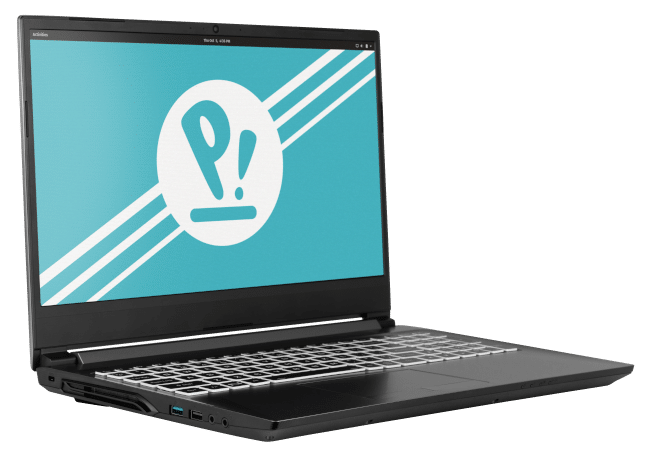
System76 Ubuntu Linux-powered 'Gazelle' laptop reborn! Gets 9th Gen Intel Core i7 and NVIDIA GTX 16-series graphics
System76 is a computer maker and seller that has long been selling laptops, desktops, and servers running a Linux-based operating system. For years, it only offered Ubuntu, but more recently, it began also offering its own Ubuntu-based operating system called "Pop!_OS." This distribution has proven to be quite popular in the Linux community, as it builds upon the greatness of Ubuntu while also making it better.
As great as Pop!_OS is, today, System76 makes a big announcement regarding hardware rather than software. To the delight of many consumers, the company is refreshing its popular "Gazelle" laptop. To be honest, calling it a refresh is a bit of an understatement. Actually, Gazelle has been reborn as an entirely new powerful beast. It comes with a 9th Gen Intel Core i7 by default, and you can choose between an NVIDIA GeForce GTX 1650 or 1660 Ti for graphics. There are two screen sizes available -- 15.3-inch and 17.3-inch. Regardless of the display you opt for, the resolution will be 1080p.

Undetectable HiddenWasp backdoor malware hits Linux users, allowing for full control of infected systems
Using code from the famous Mirai worm and the Azazel rootkit, HiddenWasp is a newly discovered malware strain targeting Linux systems.
HiddenWasp is slightly unusual in having Linux in its sights, and the targeted remote control tool is able to avoid detection by all major antivirus software. The malware is described as "sophisticated" as it comprises a deployment script, a trojan and a rootkit. This an advanced backdoor attack tool that allows for complete remote control of a system.

Still running Fedora 28 Linux distro? Well, you shouldn't be...
Fedora is my personal favorite desktop operating system. I love it because it is fast, stable, and focuses on open source ideology. Not to mention, it uses the best desktop environment, GNOME, by default. Overall it is a great experience that I recommend to all.
While I update to the newest version of Fedora as soon as it is available, obviously, some people do not. You know what? That's OK. Even if you are a version behind, as long as it is still supported, you are safe and sound. Once the version of Fedora you are running is listed as "End of Life," you should definitely upgrade as soon as possible, as it will no longer get bug, feature, or security fixes. Well, folks, Fedora 28 is now EOL, meaning you need to plan an upgrade soon, as you could be exposed to new vulnerabilities.
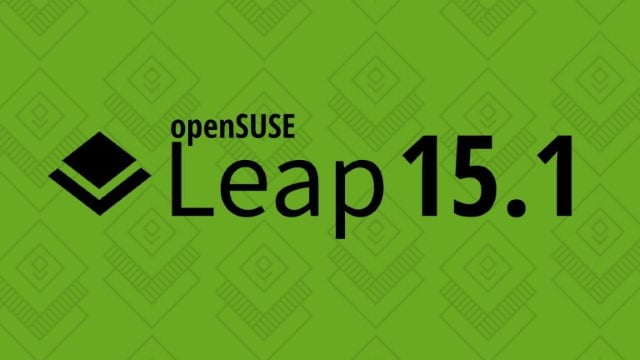
openSUSE Leap 15.1 Windows Subsystem for Linux distro lands in the Microsoft Store
Just days after the general release of openSUSE Leap 15.1, the WSL version of the distro has hit the Microsoft Store, opening up even more options for lovers of Linux on Windows 10.
Developer SUSE says that "openSUSE Leap 15.1 is the Windows Subsystem for Linux (WSL) distribution for professional developers, system administrators, entrepreneurs and Independent Software Vendors".
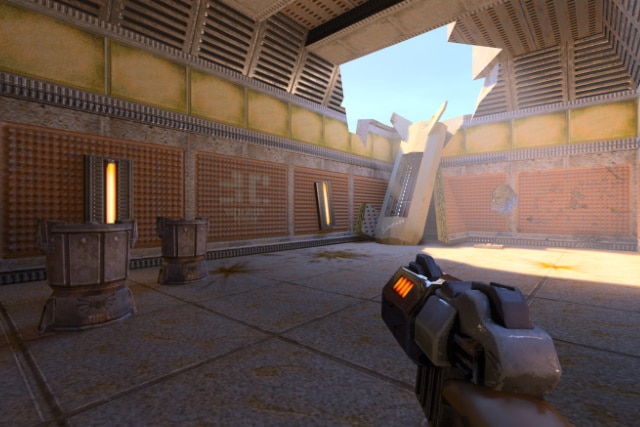
Quake II RTX is coming to Windows and Linux -- and you can have it for free
The Quake franchise is a gaming behemoth, and fans of the first-person shooter will soon be able to enjoy the re-released and revamped Quake II RTX. The RTX is a reference to ray tracing, and the game takes advantage of NVIDIA RTX graphics cards to power massively enhanced visuals.
Next Thursday, June 6, NVIDIA is releasing the remastered version of the game on both Windows and Linux -- and you can play it for free.
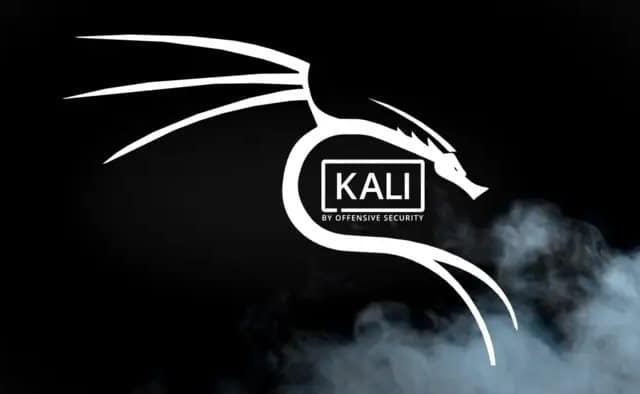
Kali Linux 2019.2 released with updated kernel and Kali Linux NetHunter
Three months after the last major release, it's time for the second Kali Linux release of the year. Kali Linux 2019.2 is here, and in addition to an updated kernel, there's also an updated version of Kali Linux NetHunter, complete with support for more Android devices.
Offensive Security says that the Debian-based Kali Linux 2019.2 is primarily about tweaks and bug fixes, but there are still a number of updated tools included.

Yet another Linux distribution shuts down, and the Open Source community should be worried
More and more people are trying Linux-based operating systems these days, and with Windows 10 being so hated, that should not be a surprise. Sadly, while the Linux community should be thriving from Microsoft's missteps with Windows, it feels like the opposite is happening. The Linux Mint development team is experiencing turmoil, for instance, while Scientific Linux has shut down entirely.
Unfortunately, things are getting even more dire, as yet another Linux distribution has shut down. This time, the operating system is the Arch-based Antergos.

openSUSE Leap 15.1 Linux-based operating system available for download
openSUSE Leap fans, prepare to be excited -- the latest version of your favorite Linux distribution is here! Yes, openSUSE Leap 15.1 can now be downloaded.
The YaST configuration tool is one of the most significant aspects of openSUSE, and with Leap 15.1, it is getting several improvements. Firewalld gets a new user interface, which will be appreciated by many users, I'm sure. When you need to divvy up the storage space on your hard drive or solid state drive, you will be treated to an enhanced Partitioner tool. YaST will even look prettier on HiDPI screens with this update. There are plenty of non-YaST changes in openSUSE Leap 15.1, of course.
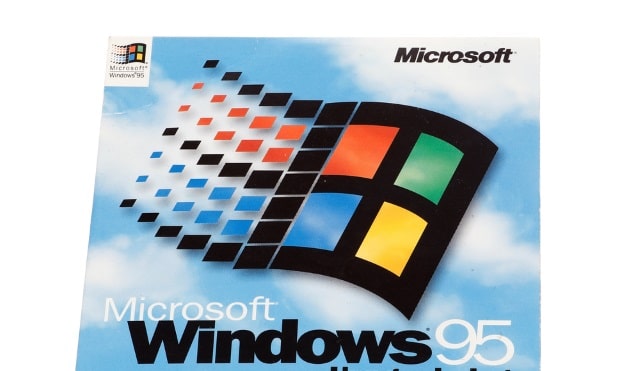
New version of Windows 95 runs faster on Windows 10, macOS and Linux
Windows 95 has been enjoying a little nostalgia-fueled revival recently. There have been concepts made for modern versions of the ancient OS on desktop and mobile and it’s even possible to give an Apple iPhone a Windows 95 makeover.
Last year, developer Felix Rieseberg released Windows 95 as an Electron app and he updated this a few months ago so it could run gaming classics like Doom. His latest update gives the OS a welcome performance boost.
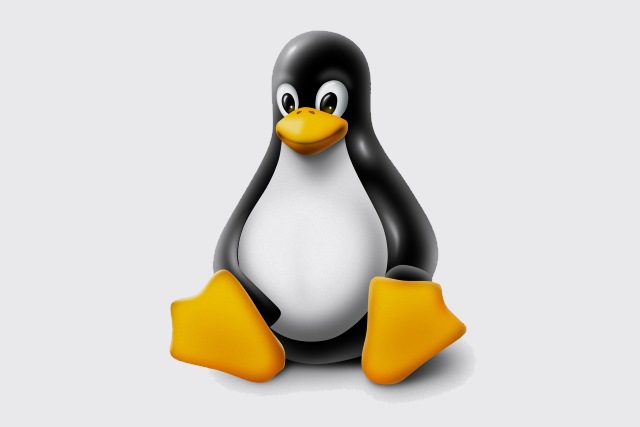
Linux kernel RDS flaw affects Red Hat, Ubuntu, Debian and SUSE
If you're not in the habit of keeping up to date with the latest version of the Linux kernel, now might be a good time to think about doing so. Systems based on versions of the kernel older than 5.0.8 suffer from a severe flaw in the implementation of RDS over TCP.
Left unpatched, the flaw could enable an attacker to compromise a system. The National Vulnerability Database entry says: "There is a race condition leading to a use-after-free, related to net namespace cleanup".

South Korea will ditch Microsoft Windows for Linux
Windows 7 support will end in January of next year, and that is a huge problem for both business and home users that are still running the aging operating system. Can't these people just upgrade to Windows 10? Well, yeah, but many just don't want to. Windows 10 has extreme telemetry that many people consider to be spying. As a result, they simply don't trust Microsoft's latest operating system. Not to mention, for businesses and organizations with many computers, the upgrade to Windows 10 could prove to be a costly affair.
And now, as a result of the upcoming death of Windows 7 support, the South Korean government has reportedly decided to ditch Microsoft Windows entirely. According to The Korea Herald, the Asian country's government will switch from Windows 7 to a Linux-based operating system.

Peppermint 10 Ubuntu-based Linux distribution available for download
Ubuntu is a great operating system; that's why so many other Linux distributions are based on it. Hell, even Microsoft seems to be enamored with Ubuntu these days. What makes Ubuntu so good? The Linux distro is rock solid, has tons of compatible packages, and its online community can be very helpful (unlike snooty Arch users).
Today, a lesser-known (but very good) Ubuntu-based operating system reaches a new milestone. Called "Peppermint," version 10 is now available. Peppermint 10 should be particularly good for those with modest hardware, thanks to its use of the fairly lightweight Xfce desktop environment and available 32-bit variant. With that said, those with more powerful computers should have a positive experience with Peppermint 10 too.

Microsoft now lets you install Ubuntu Linux in Windows 10 using the Hyper-V Manager
Microsoft has been gradually hugging Linux closer to its heart, making it ever easier to install Linux-based operating systems within Windows 10. Now Ubuntu fans have a new option when it comes to installing their favorite distro.
It is now possible to install either Ubuntu 18.04 LTS or 19.04 using Windows 10's Hyper-V Manager -- the admin tool designed to make it easy to manage virtual machines.

BTW I use Arch Linux... on Windows 10
Ahh, Arch Linux; the distribution with the most pretentious user base. If you aren't familiar with Arch, please know it is a very good operating system that is unnecessarily difficult to set up. As a result, the ones who are successful, and end up using the distro, are often quite full of themselves. Many Arch users seem to look down on those using a different distro, such as Ubuntu or Linux Mint. This is what has lead to the infamous "BTW I use Arch" meme. No, not all Arch users are insufferable, but many are. True story.
And now, thanks to Microsoft's Windows Subsystem for Linux, you can (sort of) become a pretentious Arch user too -- all without leaving the comfort of Windows 10. That’s right, folks, you can now install Arch from the Microsoft Store. These are strange times we are living in, eh?
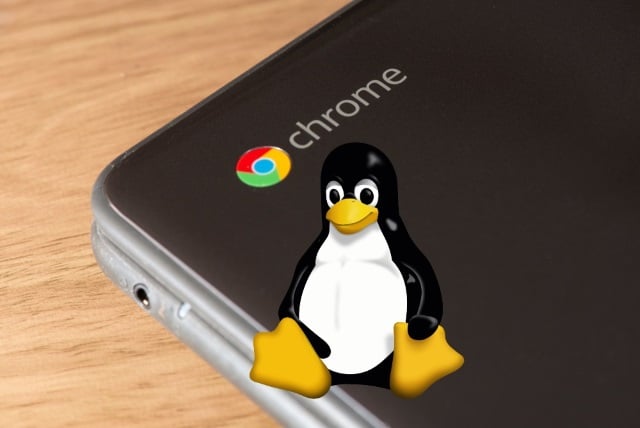
Google says all new Chromebooks will be Linux-ready
One of the biggest announcements from this year's Google I/O related to the Pixel 3a and Pixel 3a XL, but this was far from being all there was to get excited about. Microsoft may be increasingly embracing Linux in Windows 10, and Google is doing the same with Linux on Chromebooks.
Support for Linux apps on Chromebook is nothing new, but Google has now announced that all Chromebooks that launch from this point forward will be fully functional Linux laptops, regardless of whether they are ARM or Intel devices.
